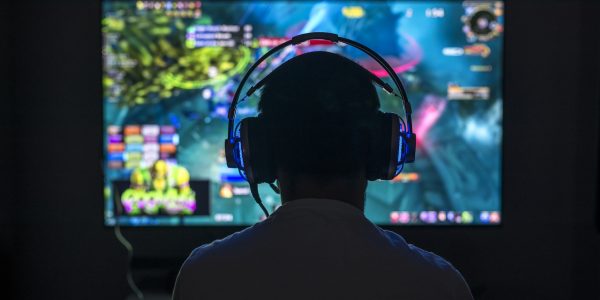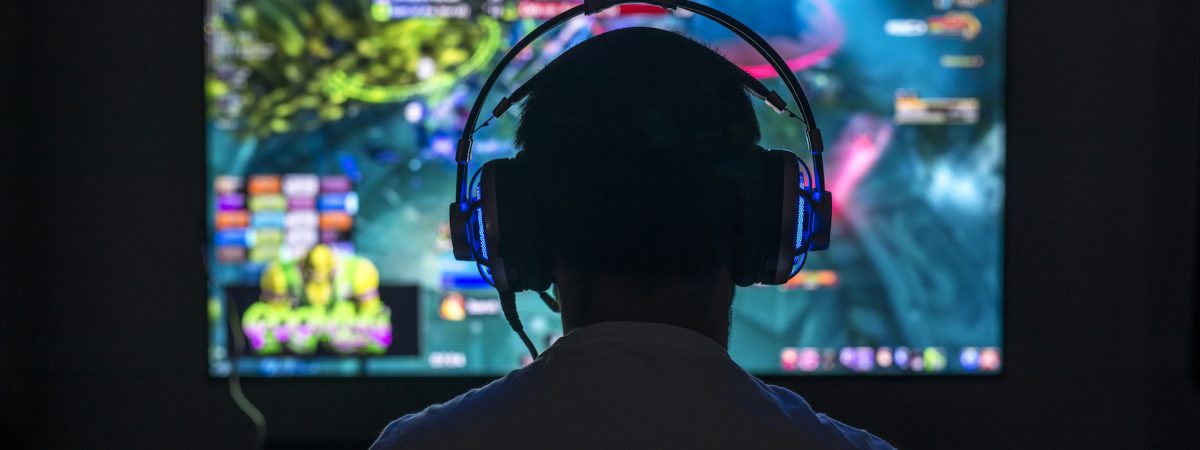If you are an avid gamer, you probably intuitively know that video games are good for emotional health, yet you may not be aware of all the ways in which they are helping you. In this post, we explore some of the top emotional benefits of video games.
1. Provide social connections.
For those who enjoy multiplayer and co-op titles, video games can be a source of connection to others. Many people discovered this for the first time during the pandemic, but quite a few dedicated gamers have benefited from the social aspects of gaming all their lives.
The social and emotional aspects of video games are explored in depth in ExpressVPN’s research into video game habits across generations. The researchers found that the social components of gaming are particularly important among male gamers.
2. Reduce stress, depression and anxiety.
In this study, researchers found that playing video games can combat anxiety and depression. Being able to reduce stress and relax during challenging times can be a big boost to our mental and emotional health.
3. Create a flow state.
Many gamers have had the experience of being “in the zone” while playing. This state is known as “flow.” When we are in a flow state, we stop thinking about our problems and the passage of time, and are fully living in the moment. This may be one of the reasons games are so effective at fighting anxiety and depression.
4. Improve emotional regulation.
Video games can sometimes frustrate us, making us want to ragequit and throw our controllers at the wall. Nevertheless, they actually help us regulate our emotions and learn resilience in the face of frustrations.
This research says, “Videogame play has been found to lead to improved mood, reduced emotional disturbance, improve emotion regulation, relaxation, and stress reduction.”
WebMD says, “When you fail in a game or in other situations, it can be frustrating. Video games help people learn how to cope with failure and keep trying.” In this way, video games build resilience.
In other words, over time, we learn how not to ragequit when gaming. That ability to rein in our expectations and endure in the face of frustration can help us to likewise not ragequit in other contexts like work or relationships.
5. Boost confidence.
Whether we are solving puzzles, getting the high score in an online match, or leading a conquering army in an MMO, video games show us we are capable of more than we expected. That boost to our confidence can carry through to all areas of our lives.
6. Help with trauma.
WebMD says, “Regardless of the type, playing games can help with trauma recovery. Video games can act as distractions from pain and psychological trauma.” There is some research suggesting that video games can be beneficial to people with PTSD.
7. Support self-expression.
One more emotional benefit of video games is that they can serve as a vehicle for self-expression. Many people enjoy the process of character creation, and delight in crafting a character that looks the way they want to look. RPGs—MMOs in particular—also can give us the chance to try and create a virtual life we want, and to experiment with our identities. That chance for self-expression can be cathartic, and can even teach us more about ourselves.
Now you know some of the emotional benefits of video games. Games can improve our resilience, help us cope with negative emotions, and increase our confidence and connections with others. For all of these reasons and more, they can be a healthy part of your self-care routine.




